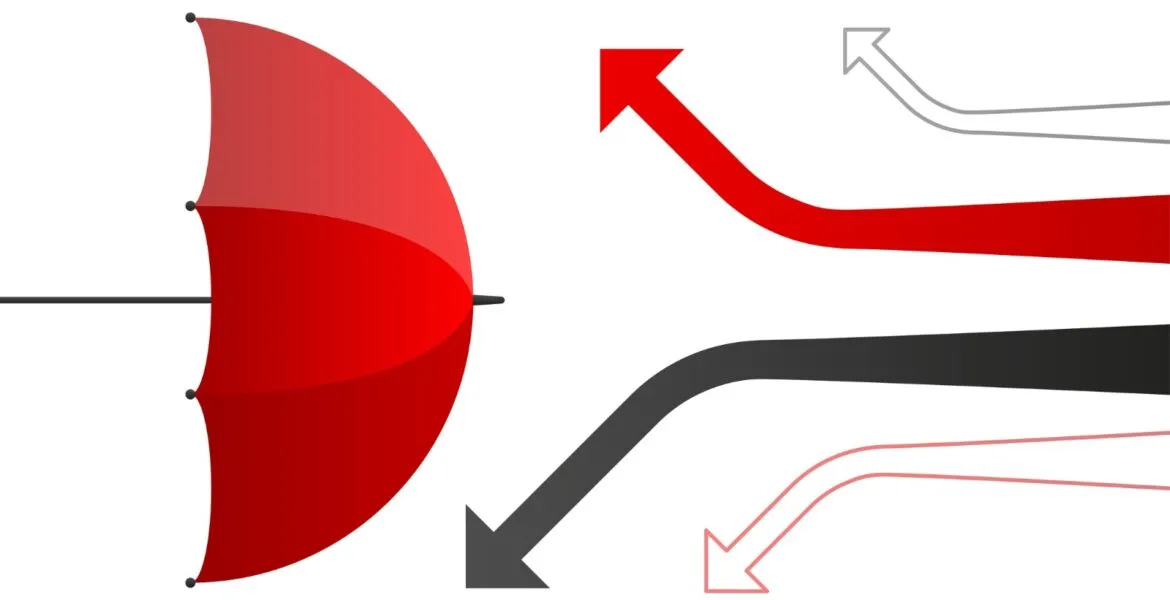This article was published by Advertising Week, November 15, 2022
Economists estimate there’s a 30% possibility of a recession within the next year. The news has businesses and consumers gripping their wallets a little tighter. After all, this is the highest that number has been since 2020. But no matter what people do to try to stop it, a recession will eventually happen — it’s a natural part of the economic cycle.
While recessions are temporary, a company’s lack of preparation can have long-term impacts on its reputation and success. Consumers are pickier than ever with their purchases during a recession. Plus, inflation causes the price of raw materials to go up, making it hard to compete. Companies need to carefully consider their marketing strategies now to avoid damaging their ability to get ahead of the recession.
If a company is only reactive, it’s too late. It won’t be able to move fast enough to respond to what’s happening in the market. So, how can companies maintain their bottom lines when challenging times are around the corner? Here are four marketing strategies to implement leading up to a recession:
1. Start collecting and organizing first-party data as soon as possible.
There is no better time to start collecting and organizing first-party data than in the face of a recession. Companies already have a treasure trove of customers willing to invest in their products and services. By utilizing first-party data, companies can personalize each customer experience and tailor messaging around specific interests, behaviors, preferences, locations, etc.
It takes a fraction of the price to upsell an existing customer than to acquire a new one. And focusing on customers’ current needs ultimately leads to more sales. So, lean into existing audiences and increase the lifetime value per customer.
2. Approach prospecting through an empathetic lens.
Consumers are bombarded with ads everywhere they look. Even during good economic times, companies are desperate for new business. But an aggressive, sales-focused approach can seem insensitive when people are struggling.
Prospecting should still be at the forefront of marketing strategies during a recession, but the messaging must be empathetic. Sales strategies need to strike a balance between promotion and authenticity. Companies must find ways to be in the right place, with the right message. Taking this approach will help companies form authentic relationships with prospects even in the midst of difficult times.
3. Rethink cutting marketing budgets.
Many companies’ first instinct during tough economic times is to cut spending, and marketing is usually first on the chopping block. But the reality is that companies that choose not to pull back on spending perform better. Just take Kellogg’s cereal. During the Great Depression, Kellogg’s doubled its advertising budget, and its profits grew by almost 30%.
Why does maintaining marketing efforts pan out so well? When companies pull back, they give competitors the chance to take their places. The recession is an opportunity for industry leaders to optimize their marketing strategies and one-up the competition.
4. Stay nimble and creative.
Even in a crisis, act as if the world will continue to spin. A set-it-and-forget-it mindset won’t work. The goal isn’t just survival; companies need to position themselves for greater success. They must be on the lookout for whatever improvements they can make and maintain flexibility without getting mired in what others are doing.
Take advantage of emerging platforms and growing trends like the metaverse, NFTs, and TikTok. Though they may seem risky, these platforms can give a competitive edge. Remain nimble, explore new avenues for reaching customers, and get creative with content.
Economic turbulence can be daunting, but companies shouldn’t lose sight of the bigger picture. Remember that preparing for a recession needs to start now. If a company waits too long to implement new marketing strategies, it will cost it more time and money in the long run. Companies can get ahead of the game by aiming to understand the needs of existing customers, focusing on authentic ways to reach prospects, maintaining marketing spending, and prioritizing creativity and flexibility.



